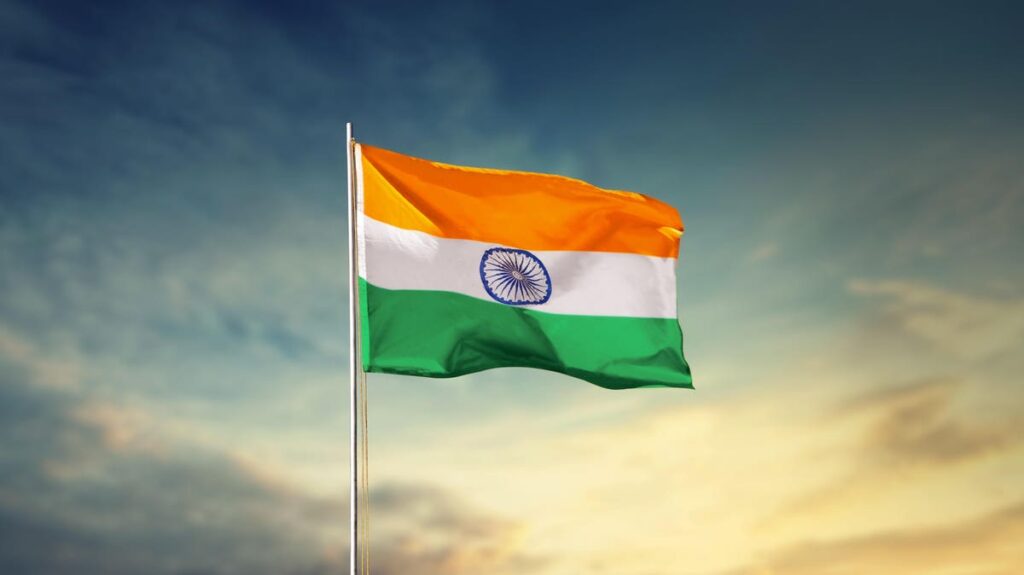Microsoft has been relentless with its efforts in the artificial intelligence (AI) space, especially with the growing buzz around generative AI and all of the incredible potential this technology entails.
The company’s latest venture in this arena is Jugalbandi, a generative AI-driven platform and chatbot. The platform was developed to help Indians have easier access to information about government initiatives and public programs. This is especially important in India, where there are nearly 22 official languages with significant variations locally and regionally— often creating significant challenges in the dissemination of information. Of note, the name “Jugalbandi” is an ode to Indian classical music; the term typically refers to a duet of two musicians who exchange musical compositions in friendly competition. In this case, jugalbandi denotes the productive back-and-forth between the user and the AI system.
The platform’s mission is simple: “Jugalbandi is a free and open platform that combines the power of ChatGPT and Indian language translation models to power conversational AI solutions in any domain.” Specifically, its goal is to help users overcome barriers in literacy and language and empower citizens in accessing necessary information across a variety of sectors, ranging from justice, to education and health.
Notably, the developers have done an incredible job of innovating in a way that makes the most sense for the Indian population. For example, the chatbot has been directly integrated with WhatsApp, which is the most popular form of mobile communication in India and connects more than 480 million people across the country. In fact, WhatsApp is so well integrated into Indian culture that it is also often used to make payments, conduct business, and is a primary source of social and news media.
Furthermore, Jugalbandi is powered by language and learning models from AI4Bharat, a government-backed initiative which supports “an inter-disciplinary team of researchers, language experts, and software developers,” and is focused on building “open-source language AI [systems] for Indian languages, including datasets, models, and applications.” The program is mainly housed at the Indian Institute of Technology (IIT) in Madras, one of the world’s most premier engineering and technical universities.
In an article for Microsoft, Chen May Yee explains how the chatbot operates: a user “sends a text or audio message to a WhatsApp number, which initiates the Jugalbandi bot. That is transcribed to text using the AI4Bharat speech recognition model. That in turn is translated to English by the Bhashini translation model trained by AI4Bharat. Based on the prompt, Azure OpenAI Service’s model retrieves information on the relevant government [program]. The answer is translated to Hindi. That is then synthesized with the AI4Bharat text-to-speech model and sent back to WhatsApp – and the villager’s ear.”
Abhigyan Raman, a Project Officer for AI4Bharat, explains further: “We saw this Jugalbandi as a kind of ‘chatbot plus plus’ because it’s like a personalized agent […] It understands your exact problem in your language and then tries to deliver the right information reliably and cheaply, even if that exists in some other language in a database somewhere.”
The article describes the example of Vandna, an 18 year old college freshman who used the application to find scholarships. When she prompted the system with the query “What kind of scholarships are available for me?” and inputted her courses of study (Political Science, History and Hindi), the system provided her with a list of central and state government programs she was eligible for, along with specific eligibility criteria and the required documents.
Microsoft CEO Satya Nadella speaks during a keynote address announcing ChatGPT integration for Bing … [+]
Overall, this initiative has the power and potential to be an incredibly impactful and positive force in India. For one, the country is home to more than 1.4 billion people, many of whom dwell outside major city centers. Fortunately, India has invested billions of dollars to develop the technology and infrastructure needed to bring high-speed internet access to rural areas. This means that Jugalbandi can be used to serve and help even the most rural communities.
Moreover, the potential applications for the platform itself are endless. Though the use-case is currently for government programs, the application may also one day be used to help Indians connect on a variety of other topic areas and sectors, including law, healthcare, banking, public health, and other pertinent social initiatives.
Indeed, applications like this may potentially be the key to harness and disseminate information to the masses in a safe and scalable manner—all while helping millions of people feel connected and stay informed.


